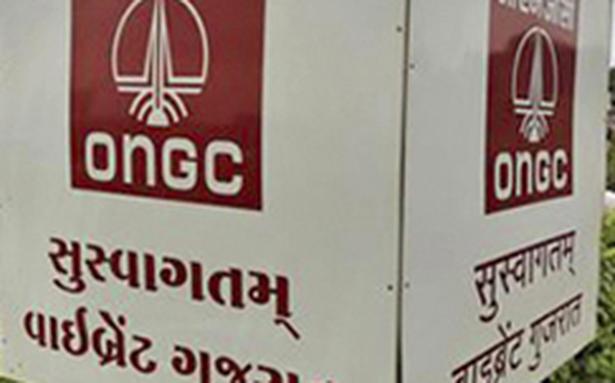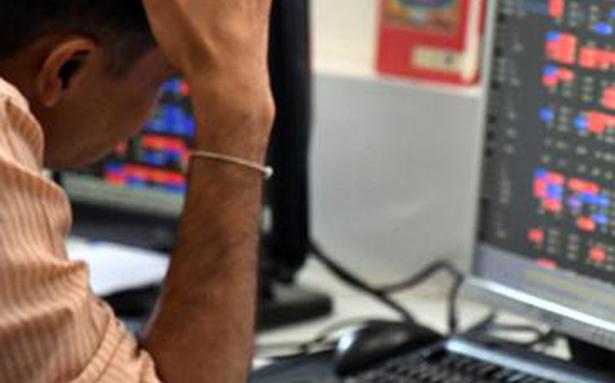Epsilon Carbon Private Ltd., a carbon black company, has signed a Memorandum of Understanding with Nasdaq-listed The Metals Company Inc. (TMC) to jointly undertake a Pre-Feasibility Study for a commercial-scale deepwater nodule processing plant in India.
Following this study, both companies plan to jointly build the “world’s first commercial polymetallic nodule processing plant” in India with an initial investment of ₹1,200 crore in the first phase.
The focus of this collaboration would be to produce cathode precursors with the lowest carbon footprint. These cathode precursors would be converted into cathode-active materials at the planned facility in India, Epsilon said in a statement.
The company said it will process one million tonnes of dry nodules per year (MTPA) to create a production capacity of more than 30,000 tonnes per year of a nickel-copper-cobalt intermediate.
“This product is ideal for use as a cathode active material (CAM) in lithium-ion batteries (LiBs),” it said.
Epsilon Carbon said it has a patented process for converting coal tar waste into synthetic graphite for use as anodes in lithium-ion batteries and is currently the only graphite anode manufacturer in India.
In line with its ESG roadmap, the company aims to produce battery materials with the lowest possible carbon footprint.
The Advanced Cell Chemistry (ACC) PLI program recently proposed by the Indian government requires a 60% local stake to qualify for the government investment.
“Epsilon, with its commercial production of synthetic graphite and a pipeline to produce 30,000 TPA NMC and 20,000 TPA LFP by 2025, will make a significant contribution to helping India’s giga-factories of the future meet their local content needs,” das said Company .
Vikram Handa, MD, Epsilon Carbon said, “Having developed technology to unlock an unconventional source of graphite using a steelmaking waste stream, we are rapidly expanding our anode materials business in India, including a new facility in Finland. “
“Our focus is to expand into different cathode materials by 2024. The TMC polymetallic nodule resource struck us as a game-changing opportunity to develop another unconventional resource with multiple intrinsic properties that potentially allow us to develop a cathode precursor materials business with much lower environmental and social impact,” he said.
“We have already started the Pre-Feasibility Study and believe that the size of TMC’s resources has the potential to make India a significant supplier of critical minerals to the battery and steel industries. The intention of our big investment is to make India Atmanibhar battery raw material manufacturing,” he added.
Gerard Barron, Chairman and CEO of TMC, said: “Over the past three years we have worked with many parties and visited factories around the world in search of the right onshore partners.”
“In Epsilon Carbon we have found a rare blend: a proven track record in operational execution of anode materials, an approach to industrial development of the 21 goal of developing cathode precursor materials,” he said.




